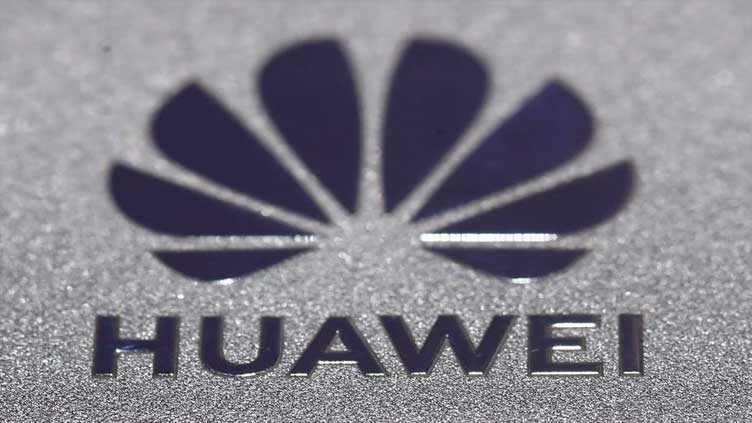China slams EU ban on Huawei, ZTE demands equal treatment

Technology
China slams EU ban on Huawei, ZTE demands equal treatment
BEIJING/STOCKHOLM (Reuters) - China firmly opposes some EU countries' ban on Huawei and said the European Commission has no legal basis nor factual evidence to prohibit the Chinese telecom giant, a Chinese foreign ministry spokesperson said on Friday.
ZTE (000063.SZ), also singled out by EU industry chief Thierry Breton as a high-risk vendor, criticised the move to ban its equipment in the Commission's network and in EU countries.
Breton on Thursday urged more EU countries to join the 10 that have restricted or banned Huawei (HWT.UL) and ZTE from their 5G telecoms networks, citing risks to the bloc's collective security.
He said both companies will also be banned from EU-funded projects.
Huawei has criticised the move saying this was not based on a verified, transparent, objective and technical assessment of 5G networks.
Publicly singling out an individual entity as a high-risk vendor without a legal basis is against principles of free trade, a Huawei spokesperson said.
"As an economic operator in the EU, Huawei holds procedural and substantial rights and should be protected under the EU and Member States' laws as well as their international commitments," the person said.
ZTE said it should be treated just like its rivals.
"ZTE's only request is to be treated fairly and objectively by regulators and legislators - just like any other vendor," the company said in an email.
"We welcome external assessment and scrutiny of our products by regulators and technical supervisory bodies at any time."
Several countries including Germany have been slow to implement the EU's security measures for 5G networks agreed three years ago to curb the use of "high-risk vendors" such as Huawei due to concerns about possible sabotage or espionage.
Telecom operators across Europe have been using Huawei gear because they were cheaper than rivals' and work as good, making it difficult for companies to choose costlier options.

